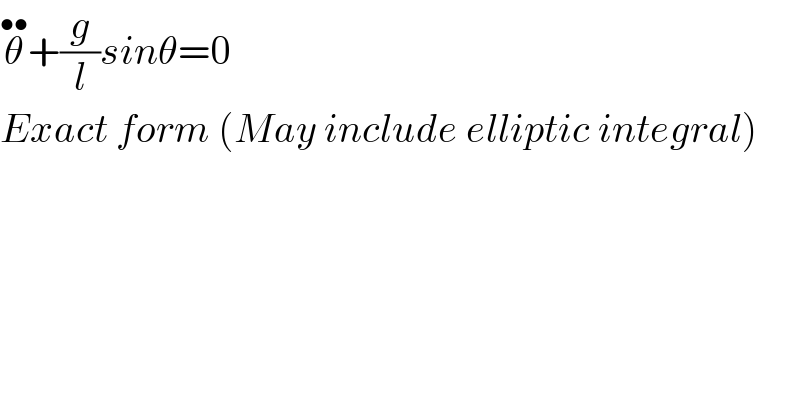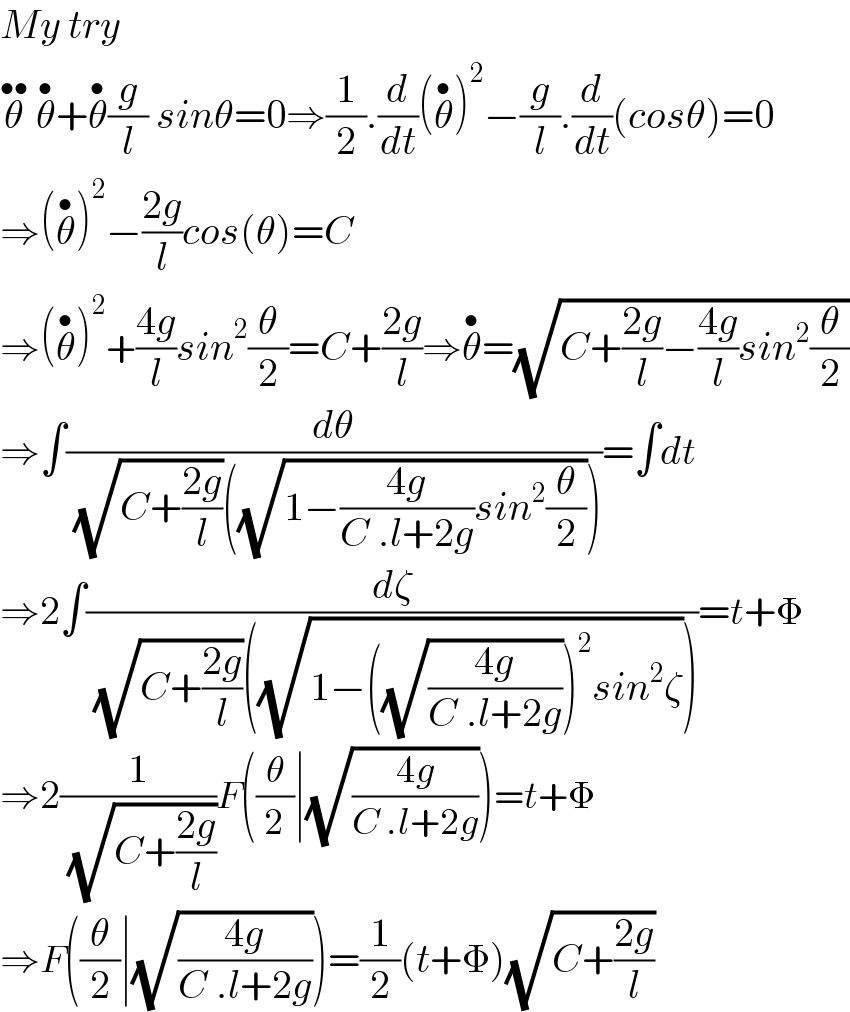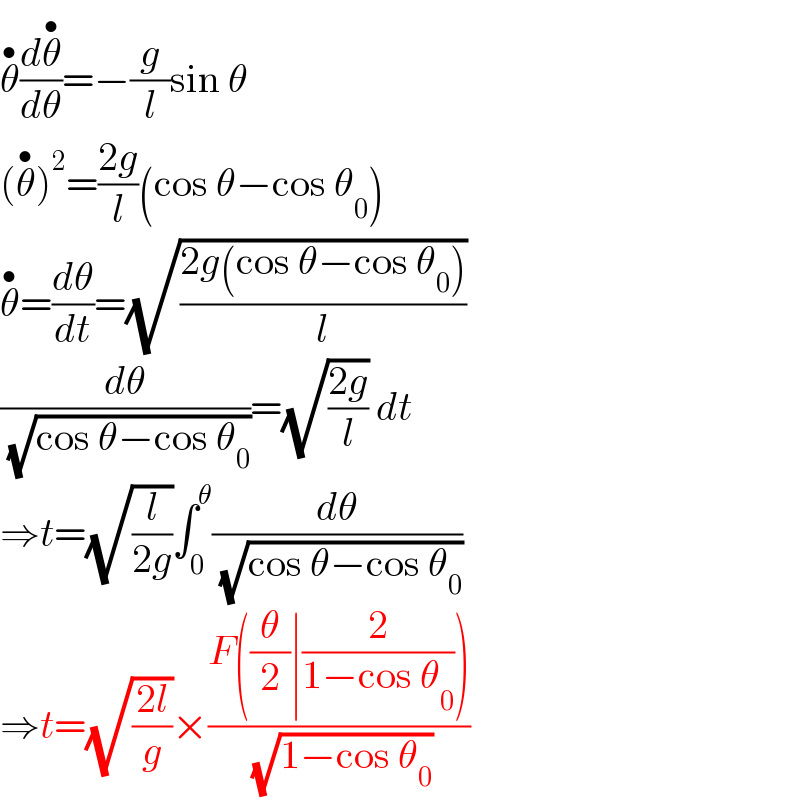
Question and Answers Forum
Question Number 127974 by Dwaipayan Shikari last updated on 03/Jan/21

Commented by Dwaipayan Shikari last updated on 03/Jan/21

Answered by mr W last updated on 03/Jan/21

Commented by Dwaipayan Shikari last updated on 03/Jan/21

